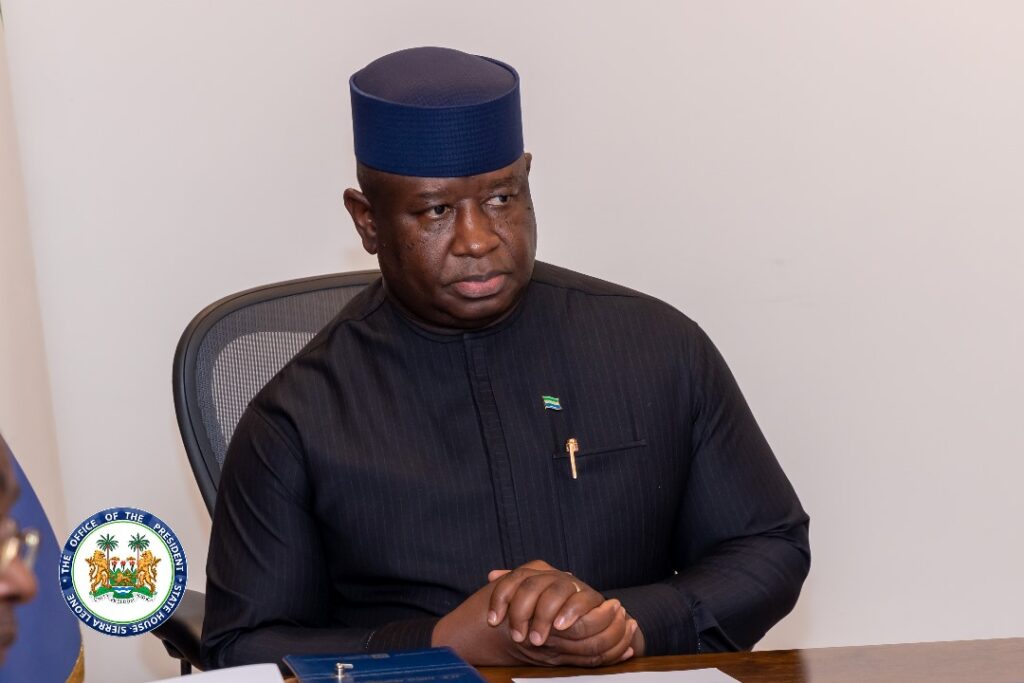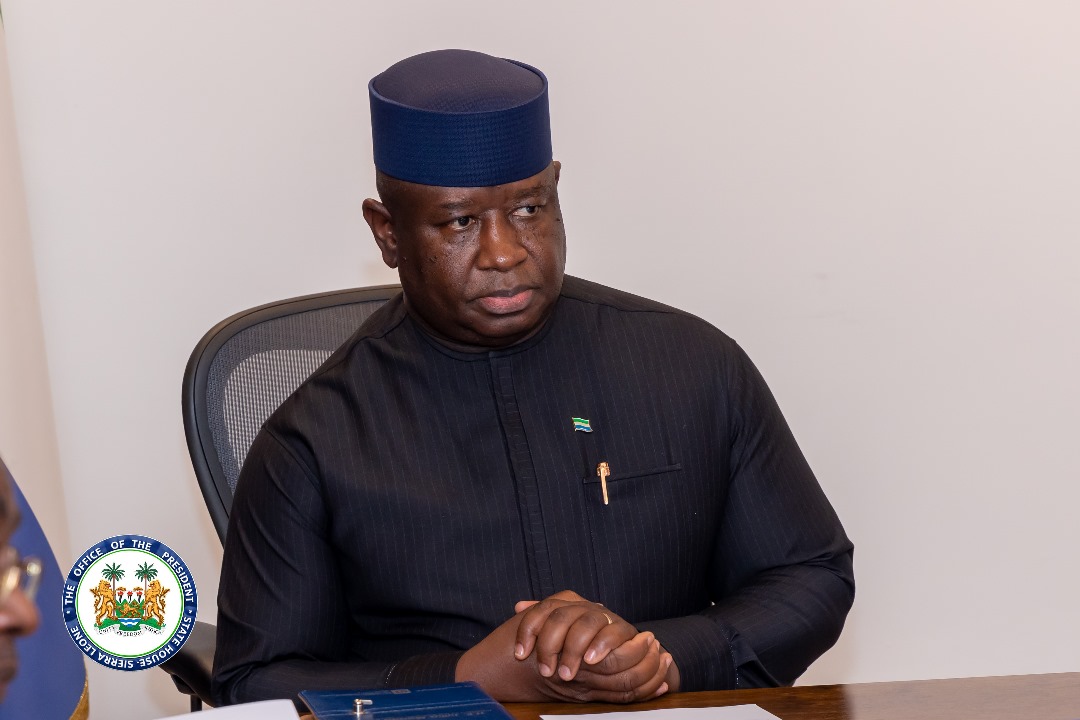
Troubling Déjà vu…
ELECTORAL CRISIS RELOADS
By Ibrahim Alusine Kamara (Kamalo)
The skirmishes that plagued Sierra Leone’s 2023 electoral process, culminating in what many critics still describe as a brazenly rigged general election, are once again rearing their ugly heads. As the country moves toward another crucial political chapter, the same signs of constitutional disregard and partisan maneuvering are surfacing, threatening to again undermine public trust in the very foundations of democracy.
In the run-up to the 2023 elections, the appointment of Edmond Sylvester Alpha as Electoral Commissioner for the Southern Region ignited a storm of controversy. Opposition Members of Parliament raised serious concerns about the constitutionality of the appointment, claiming it violated established legal procedures. Their resistance, however, fell on deaf ears. Despite local and international scrutiny, the election proceeded, leaving behind lingering questions about its legitimacy.
Now, a similar drama is unfolding. President Julius Maada Bio has again stirred controversy by nominating Alex Pat Labib Saffa as Electoral Commissioner for the Eastern Region. Reports indicate that Saffa is a serving public officer drawing salary from the Consolidated Revenue Fund—an apparent violation of the 1991 Constitution of Sierra Leone.
During the parliamentary vetting of presidential nominees, Opposition Leader Hon. Abdul Kargbo did not mince words. He vehemently opposed Saffa’s nomination, citing Section 32(4)(b) of the Constitution, which explicitly bars individuals who hold public office and receive salaries from the Consolidated Revenue Fund from being appointed as electoral commissioners.
Hon. Kargbo condemned the move as not only unconstitutional but as a dangerous signal of political interference in a supposedly independent electoral body. As a matter of principle and in defense of legal integrity, he staged a walkout from the vetting process, declaring his refusal to legitimize a process that he believes blatantly disregards the rule of law.
This unfolding scenario raises serious concerns about the future of democratic governance in Sierra Leone. If constitutional guidelines continue to be ignored for political convenience, the country risks entrenching a system where elections are perceived as predetermined exercises, rather than credible democratic processes.
Sierra Leoneans deserve an electoral system that is transparent, accountable, and above all, constitutional. As tensions rise and questions mount, one can only hope that lessons from 2023 will be learned—not repeated.
